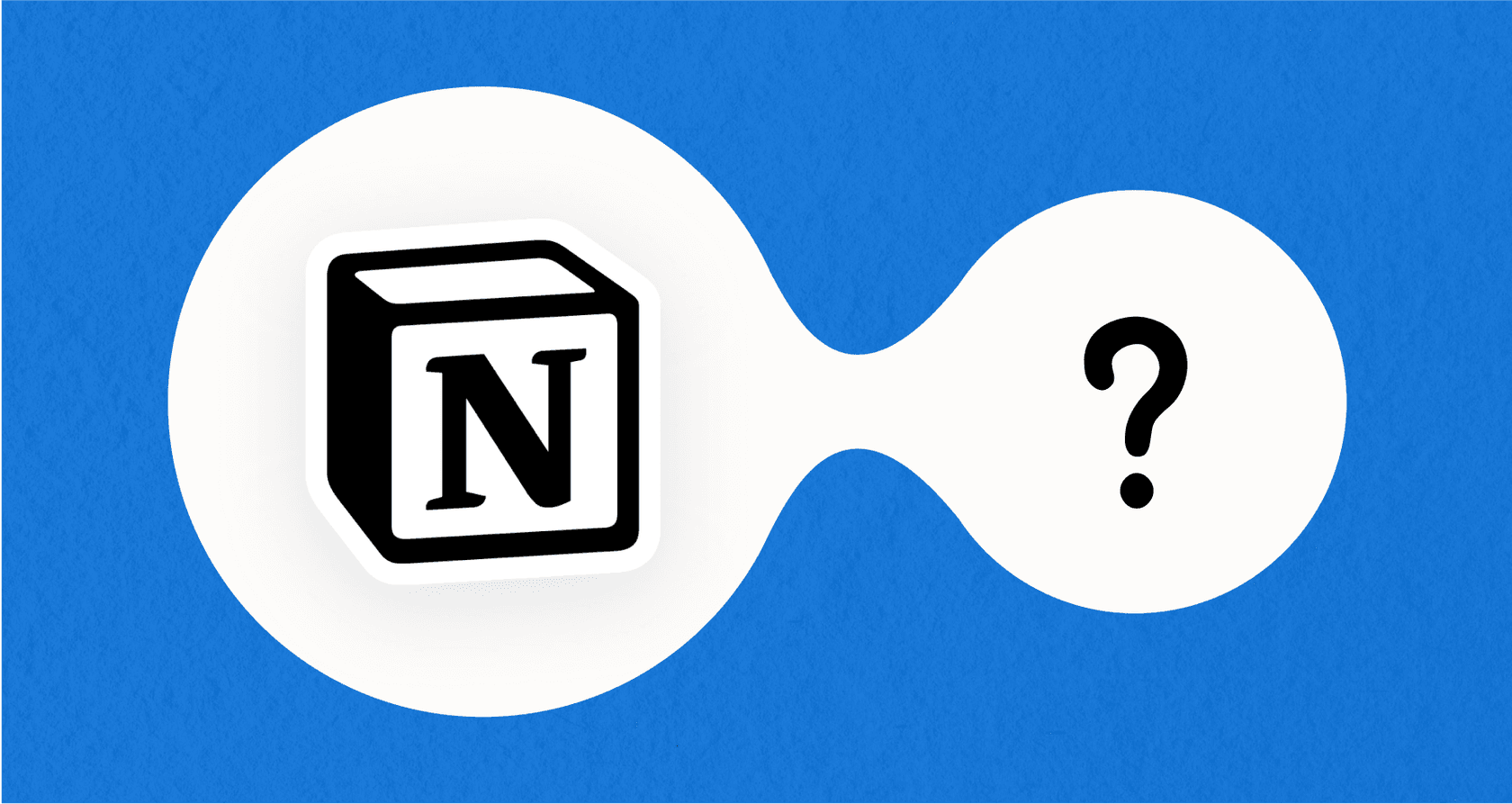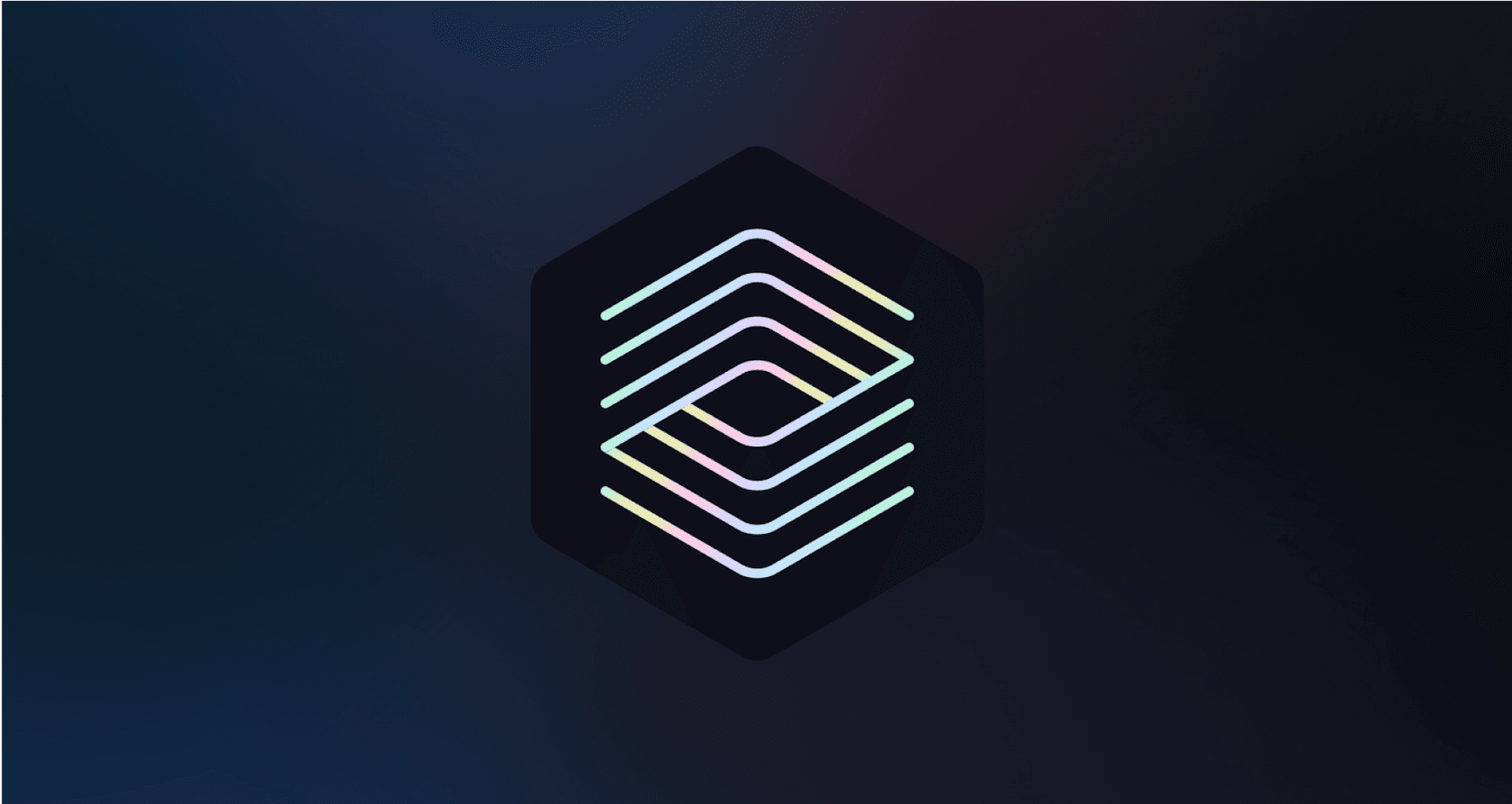
Let's be honest, we've all dreamed of that perfect company wiki. A single, central place for information where answers are easy to find and you can stop tapping your colleagues on the shoulder for the fifth time. The big idea is to cut down on the endless searching so everyone can, you know, actually get their work done. AI promises to make these knowledge hubs truly intelligent, turning a static library of docs into a helpful, conversational assistant.
Notion’s answer to this is Notion AI Q&A, a feature that lets you ask questions and get answers directly from your workspace. But does it actually deliver on that promise? This guide is an honest, in-depth look at how Notion AI Q&A holds up when you put it at the center of a real-world knowledge hub. We’ll walk through its features, pricing, and the sneaky limitations you really need to know about before you commit your team to it.
What is Notion AI Q&A?
Notion AI is a suite of tools built right into the platform, designed to help you write, summarize, and organize your stuff more efficiently. The Q&A feature is the star of the show for our purposes. It’s a conversational search tool that tries to understand your questions in plain English and pull together answers from all the content you have stored in your Notion workspace.

Under the hood, it’s powered by large language models from partners like OpenAI and Anthropic to figure out what you’re asking and find the right info. Notion says its goal is to help you "get instant answers" without manually digging through pages. It’s meant to be your on-demand expert for everything from company policies and project plans to meeting notes and research, as long as it lives in Notion.
How Notion AI Q&A is supposed to work
On paper, Notion AI Q&A sounds like the perfect brain for a company's knowledge base. It’s set up to be a single, conversational front door to all the information you’ve carefully organized.
One place for all your answers
The main selling point is letting Q&A be the go-to assistant for information scattered across your Notion pages. Instead of trying to remember which page holds which specific detail, you can just ask a question.
Here are a couple of ideal scenarios:
-
A new hire could ask, "What's our 401k matching policy?" and hopefully get a direct answer pulled from the HR handbook you’ve stored in Notion.
-
A project manager running late to a meeting might ask, "What were the key decisions from yesterday's sync?" to get a quick summary from the meeting notes page.
A tool for every team
Notion pitches the Q&A feature as something that can help pretty much any team get work done faster. The use cases are broad and can be adapted to different roles.
-
For Product Teams: You could ask, "What are the top 3 feature requests from enterprise customers last quarter?" to quickly find insights from user feedback notes.
-
For Engineers: A simple question like, "What's our process for deploying a hotfix?" could bring up critical details from technical documentation.
-
For Marketing: Asking to "Summarize the results of the Q3 social media campaign" could help a marketer pull key stats from a report without having to read the entire thing.
The hidden challenges of using Notion AI Q&A
While the concept sounds great, teams that try to use Notion AI Q&A as their central knowledge hub often hit some pretty big walls. The reality is, the feature has some serious limitations that can keep it from being the reliable source of truth you need.
Incomplete knowledge
If you spend a little time on forums like Reddit, you’ll see a common complaint:
These aren't just random glitches. They're a direct result of technical limitations that Notion itself acknowledges:
-
It struggles with databases. A ton of useful, structured information in Notion lives inside databases. But, believe it or not, Notion admits that Q&A can't properly search or understand the relationships within them. This means any information you have in a project tracker, CRM, or content calendar is likely to be completely ignored.
-
It can't see inside embeds. If you’ve embedded crucial information from PDFs, Google Docs, or other files into your Notion pages, that content is invisible to the AI. It can’t read the text, so any answer it gives will be missing that vital context.
-
It has a recency bias. Q&A is built to prefer pages that have been updated or viewed recently. While that sounds helpful, it means older, foundational documents, like a core company policy that hasn't been edited in a year, might get pushed aside for a less relevant but more recent page.
This is a classic problem with AI features that are stuck inside a single platform. A truly helpful knowledge hub needs a tool like eesel AI that can bring together information from all your sources, including Notion, Google Docs, and PDFs, to make sure every answer is actually complete and correct.
A closed ecosystem
Let’s face it, very few companies run their entire business from a single app. Your team's most important knowledge is probably spread out across a dozen different places: conversations in Slack, technical docs in Confluence, customer history in Zendesk, and contracts in Google Drive.

Notion AI Q&A can't touch any of this external information. It's trapped inside the Notion bubble, which means your "knowledge hub" is incomplete by default. An employee asking about a customer's issue won't get any context from past support tickets, and a salesperson asking about a new lead won't see the latest updates from your CRM.
This is where a dedicated AI platform becomes so important. eesel AI acts as an intelligent layer that connects to your entire tool stack. It lets you build an AI assistant that learns from your complete company knowledge, not just the bits and pieces stored in one application.
The lack of control and testing
Notion AI Q&A pretty much operates like a black box. You have very little say over its personality, its tone of voice, or the specific knowledge it should prioritize for different types of questions. You can't set up clear rules for when it should try to answer versus when it should just pass the question to a human.
Even worse, you can't really test it before you launch it. There’s no simulation mode to see how it might perform on past questions or get a forecast of its accuracy. You’re essentially pushed into a risky "flick the switch and hope for the best" situation, which is not a great strategy for any important business tool.

In contrast, enterprise-ready platforms like eesel AI are built for control and confident rollouts. With its powerful simulation mode, you can test your AI on thousands of historical tickets or questions, get accurate performance forecasts, and tweak its behavior before it ever interacts with a real person.
Pricing for Notion AI Q&A
It's important to know that Notion AI isn't part of the standard paid plans. It's a separate add-on that costs $10 per member, per month. If you pay annually, that price comes down to $8 per member, per month.
This means the total cost per user can add up fast.
| Plan Tier | Base Price (per user/mo, annual billing) | AI Add-on (per user/mo, annual billing) | Total Cost (per user/mo, annual billing) |
|---|---|---|---|
| Plus | $8 | $8 | $16 |
| Business | $15 | $8 | $23 |
| Enterprise | Custom | Included in some plans | Custom |
The biggest catch here is the mandatory per-seat pricing. You have to buy the AI add-on for every single person in your workspace, even if only a handful of them will actually use it. This can make it a surprisingly expensive solution for larger teams.
A better approach: Unifying knowledge with eesel AI
The issues with Notion AI Q&A really point to the need for a more robust, flexible, and connected solution. Instead of trying to make a feature bolted onto a single application work, a dedicated AI platform can solve these problems from the start.
Connecting all your tools
An effective AI knowledge hub has to be able to access information wherever it lives. eesel AI was designed for exactly this. It seamlessly integrates with Notion and over 100 other platforms your team already relies on, like Slack, Confluence, Zendesk, and Google Workspace. This creates a single, unified brain that can give truly comprehensive answers based on your company's complete knowledge base.
Go live in minutes
Getting started with a powerful AI tool shouldn't involve months of setup and endless sales calls. eesel AI is built to be completely self-serve. You can sign up, connect your knowledge sources with one-click integrations, and have a working AI assistant in just a few minutes. And with a solid simulation mode, you can test its performance on your own historical data to see exactly how it will perform and build confidence before you go live.
Transparent pricing
Notion's per-seat pricing model makes you pay for every user, no matter how much they use the AI. eesel AI offers a much more sensible, value-based model. Our plans are based on the number of AI interactions, so you only pay for what you actually use. This makes your costs predictable, scalable, and tied directly to the value the AI is providing, making sure you're not paying for a bunch of unused seats.

Is Notion AI Q&A the right choice for you?
So, what's the verdict? For an individual or a tiny team that lives and breathes Notion and not much else, Q&A can be a handy, if sometimes flawed, way to find information a bit faster.
But for any growing business that relies on a whole suite of tools and needs accurate, complete, and reliable answers, Notion AI Q&A's limitations make it a tough sell for the long term. Its inability to search databases, its blindness to external knowledge, and its lack of customization and control create too many risks and blind spots.
The future of AI at work isn't about a single feature locked inside one app, it's about an intelligent layer that connects all of them.
Ready to build a truly smart knowledge hub that works across all your tools? Get started with eesel AI in minutes and see the difference.
Frequently asked questions
Notion AI Q&A is a conversational search tool built into Notion that allows users to ask questions in plain English. It aims to pull direct answers from the content stored within your Notion workspace, serving as an on-demand expert for internal company information.
Yes, it has notable limitations. It often struggles to properly search or understand relationships within Notion databases. Additionally, content embedded from external files like PDFs or Google Docs is invisible to the AI and cannot be used to generate answers.
The system is designed to prefer pages that have been updated or viewed recently. This "recency bias" means that older, foundational documents, even if critical, might be overlooked in favor of more current but potentially less relevant information.
No, a significant limitation is its closed ecosystem. It cannot access or incorporate information from external platforms such as Slack, Confluence, Zendesk, or Google Drive, meaning it cannot provide comprehensive answers from your complete company knowledge.
Notion AI Q&A is a separate add-on feature, priced at $10 per member per month ($8 if billed annually). This per-seat pricing model requires you to purchase the add-on for every user in your workspace, regardless of their actual AI usage.
Unfortunately, there is very little control or transparency offered. You cannot easily customize its personality, tone, or prioritize specific knowledge sources. There is also no simulation mode available to test its performance on historical questions before a full launch.
Share this post

Article by
Kenneth Pangan
Writer and marketer for over ten years, Kenneth Pangan splits his time between history, politics, and art with plenty of interruptions from his dogs demanding attention.







